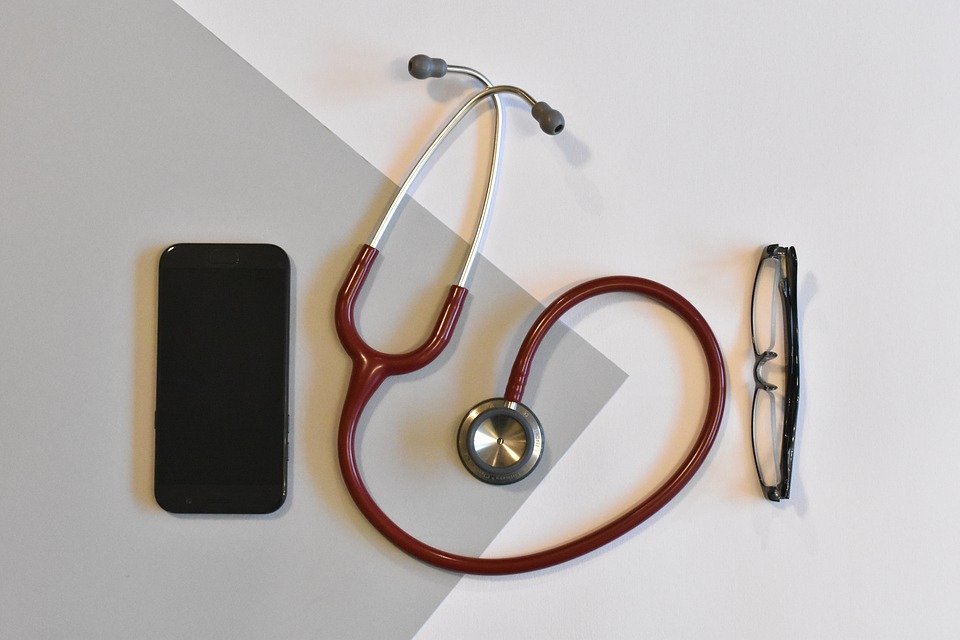We are witnessing an overgrowing healthcare industry in the 21st century. The aging baby boomers and the sprouting population is increasing the need for more advanced healthcare services. That means that the demand to integrate health information technology systems to medical concepts is on the rise. As a result, medical schools around the globe are introducing digital elements to healthcare services.

Therefore, to meet this burgeoning need, the health informatics sector is changing this industry’s dynamics since practitioners or nurses no longer have to spend time on monotonous tasks. Informatics uses technology to analyze records to improve health outcomes while dealing with multiple resources and devices. Thus, if someone wishes to step into this field, there couldn’t be a better option than getting a degree in health informatics.
This degree equips students with modern techniques, efficient diagnosis, and treatment solutions. You won’t only see brighter prospects, but you can make a difference by transforming healthcare services.
The following are five ways of how a healthcare informatics degree is making a difference:
Efficient Data Storage
Even in today’s world, many health institutions are using old school methods to store patient records with total reliance on paperwork. It results in a loss of documents, forgery of materials, and mishandling of different patient’s records.
Moreover, cloud storage software is doing wonders when it comes to storing data. Previously, the nurse might take three minutes to get the right file for every patient; with innovative software, it only takes a few seconds. Practitioners can also readily access data, resulting in a quick diagnosis. However, such innovations require expertise and proper knowledge, therefore acquiring a master’s in healthcare informatics online will allow you to utilize these resources efficiently and gain experience in the comfort of your home.
Promotes Self-Monitoring
Believe it or not, advanced technology and gadgets have transformed the healthcare sector. Alongside reducing the burden on doctors, it is assisting patients in taking care of themselves. Hence, health informatics is not only exclusive to doctors but also promotes self-monitoring to patients. Different cellular companies, such as Samsung has come up with a line of health apps that includes heart rate monitoring, prescription alerts, and a lot more.
Likewise, hospitals can also provide information on preventing diseases, analyzing symptoms, and schooling about preventive measures. It bolsters knowledge of patients, which means they would no longer have to travel to hospitals for high blood pressure or slight fever issues. After all, every person should know about their bodies to recognize distress signals and treat them accordingly.
Increased Coordination
With rising healthcare concerns, health services are becoming more specialized. Therefore, a patient might receive care from numerous practitioners and nurses for different problems. It may not be as easy as it sounds because it requires proper coordination. For instance – before prescribing medicines, a practitioner has to know what drugs have been prescribed by other specialists to eliminate any allergic reactions or side effects.
Surprisingly, health informatics provides better solutions. It establishes systems where all kinds of information will be in one place while being available to all practitioners. It would account for pharmaceutical concerns, nutrition levels, blood pressure levels, and X-Ray results. All this ensures accurate coordination between the doctors, avoiding repetition of procedures, and ensuring maximum proficiency.
Consistent Monitoring
The internet of things has been a game-changer for the medical sector since it flaunts the potential to save the lives of patients. Previously, health experts thought of connecting medical services to the internet, and now, it is happening. Connected devices promote wireless monitoring changing the dynamics of this sector. Patients don’t have to make visits to a doctor’s office since they can get real-time information from doctors virtually.
Usually, these smart devices are installed in homes and connect to smartphones. It collects data – blood pressure, oxygen level, blood sugar, heart rate, and transfers it to physicians. Likewise, health informatics is also leveraging healthcare mobility solutions to identify the ailments on the go immediately.
3D Organs and Limbs
Healthcare systems are vulnerable when it comes to providing organs to people who need a transplant because they rely on donors. Therefore, hospitals witness long waiting lists, and some people also end up losing their lives since they can’t get a new kidney or a heart. Fortunately, health informatics is on the road to developing 3D technology that can do wonders.
3D technology will have the potential to print real tissue cells, making ideal organs for every patient. This technology is producing prosthetic limbs, and patients are getting successful transplants done. Thus, informatics will eliminate the need for waiting lists while taking the healthcare sector to another level.
Conclusion
Health informatics is making every possible effort to pull out the industry from the state of despair. Healthcare services are becoming costlier that is out of reach for most of the people. However, technology can’t stop the aging population, but with the help of informatics, it can introduce modern solutions and make a difference in the health care industry.
Leave a Reply